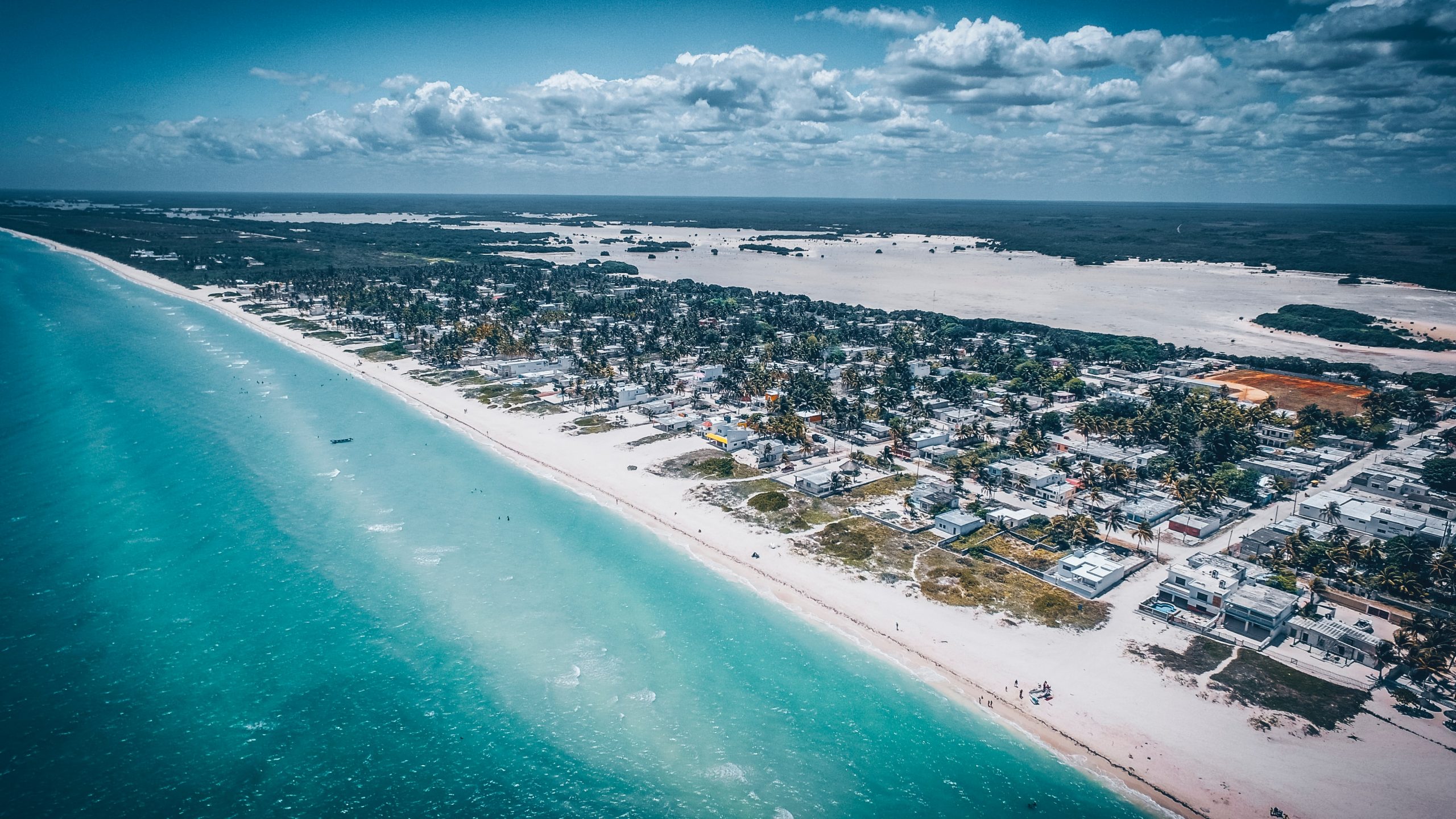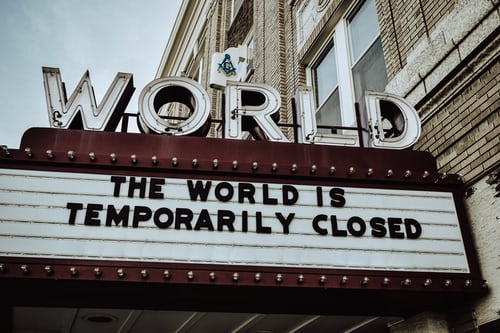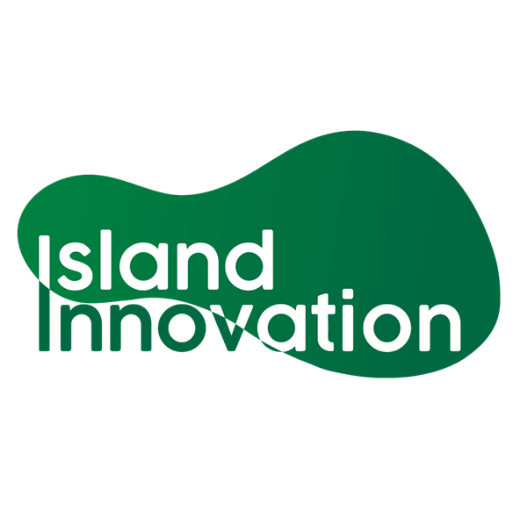Island communities, particularly those reliant on tourism, must not return to “business as usual” following the COVID-19 pandemic, according to a University of Strathclyde academic’s contribution to an international report.
Digital Connectivity
Dr Francesco Sindico, Co-Director of the Strathclyde Centre for Environmental Law and Governance (SCELG), has written a chapter in the Annual Report on Global Islands 2020, which explores development and public health on islands in the context of the global pandemic.
Dr Sindico states that, while many island communities have avoided the worst health effects of the virus, they have not been spared its economic impact and this has created the need for a fresh approach to help the islands to “build back better.” Focusing on tourism and security of food supply, he outlines a policy-based, island-specific research agenda to support a more sustainable future for islands and recommends exploration of:
- digital connectivity, delivering improved internet access, remote operation of health services and enhanced education opportunities
- unsustainable aspects of pre-pandemic island economies, such as health challenges and pressures on the environment
- opportunities for islands which rely heavily on tourism to offset the most negative effects of unsustainable practices, while considering different forms of more sustainable tourism and diversifying their economies.

Build Back Better
Dr Sindico said: “It is crucial that islands and their communities recover from COVID-19 not by going back to a business-as-usual scenario, but by building back better.
“If resilience is about driving an agenda for a better island following a state of vulnerability, the question becomes: what kind of future does that island want?
“Despite all of the suffering, the ongoing pandemic provides us with an opportunity to take stock, recognise policies that may have contributed to island vulnerability, and begin a process to become more resilient and sustainable in the face of present and future crises.”
Dr Sindico highlights examples of approaches which some islands have taken to enable tourism to continue in some form. These included ‘bubbles’ in the Channel Islands and between Prince Edward Island and neighbouring Canadian provinces, and Caribbean islands which aimed to attract ‘digital nomads’ – people working online who could be based anywhere in the world – to stay long-term. Food security was promoted through ‘buy local’ campaigns in the Canary Islands and the Caribbean.

He adds, however, that more will need to be done to develop a longer-term approach.
Dr Sindico’s chapter is informed by a 2020 study which SCELG conducted in conjunction with social enterprise Island Innovation, and for which submissions were received from 83 islands in 53 countries.
The Annual Report on Global Islands series is published by Island Studies Press at the University of Prince Edward Island (UPEI) in Canada and edited by Dr Jim Randall, UNESCO Chair in Island Studies and Sustainability at UPEI.
Dr Sindico is continuing to collaborate with UPEI and its Institute of Island Studies through the COVID-19 Island Insights Series, in which 24 islands around the world are being analysed in relation to how they coped with the pandemic and also, along the lines of his chapter, on how they can build back better. The final goal of the project is to develop policy recommendations aimed at promoting greater island resilience and sustainability in a post COVID-19 world. A final report and the policy recommendations is to be launched at a SCELG event during the COP26, the United Nations Climate Change Conference, which is scheduled to be held in Glasgow in November 2021.
SCELG’s contribution to The Annual Report on Global Islands series adds to its increasing work on island law and policy, framed around the EILEAN Initiative on Islands, Law and Sustainability. SCELG has collaborated in the past with the Scottish Government in the implementation of the Islands (Scotland) Act 2018 and the Centre and the Government are starting a further collaboration on a project, Climate Change Message in a Bottle, which will, in the framework of COP26, communicate the views of children from islands in Scotland and beyond.
The University of Strathclyde has been ranked joint 32nd in the world, first in Scotland and seventh in the UK in the Times Higher Education Impact Rankings 2021, which measure how more than 1,100 global higher education institutions are working towards the United Nations’ 17 Sustainable Development Goals. [/vc_column_text][/vc_column][/vc_row]




